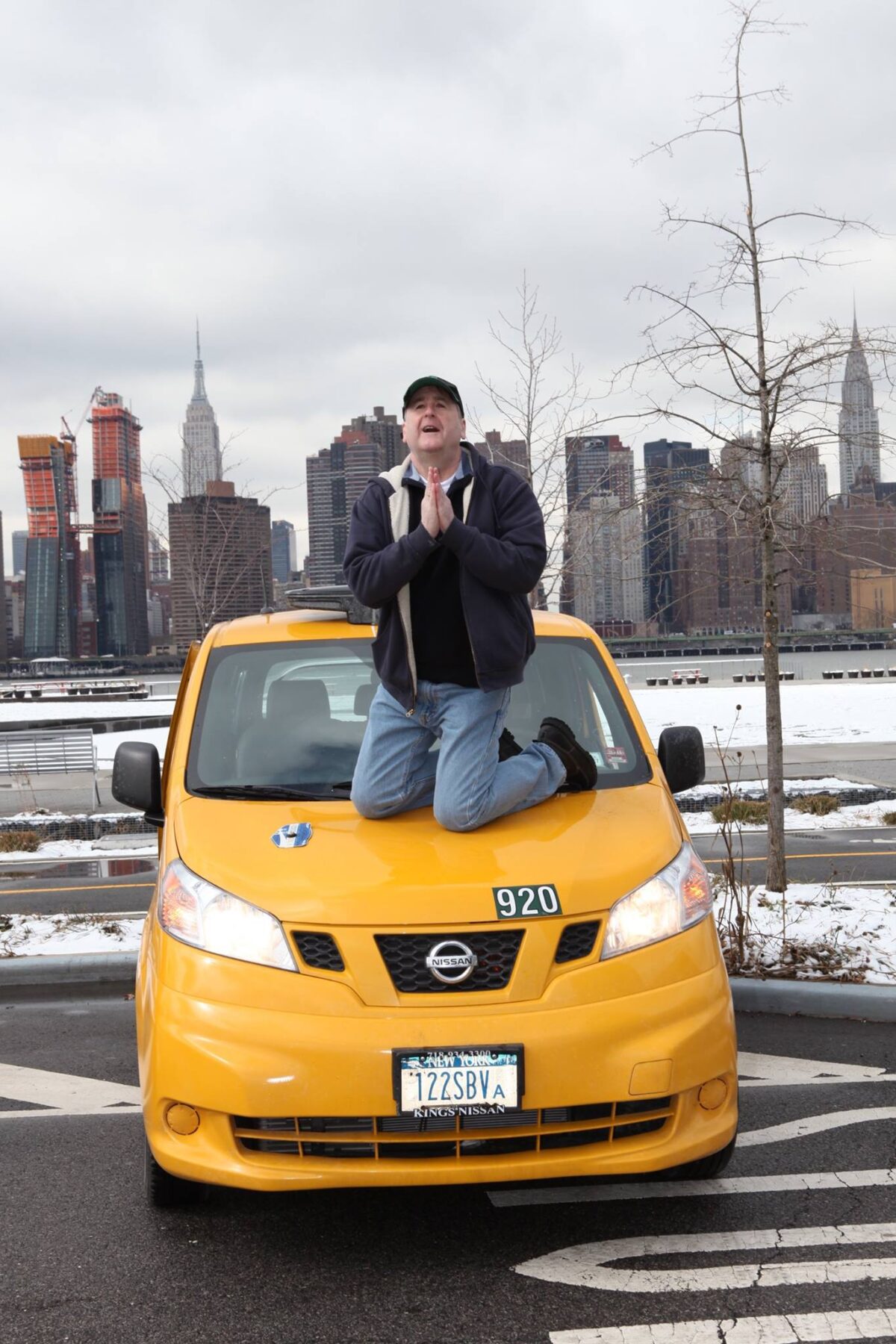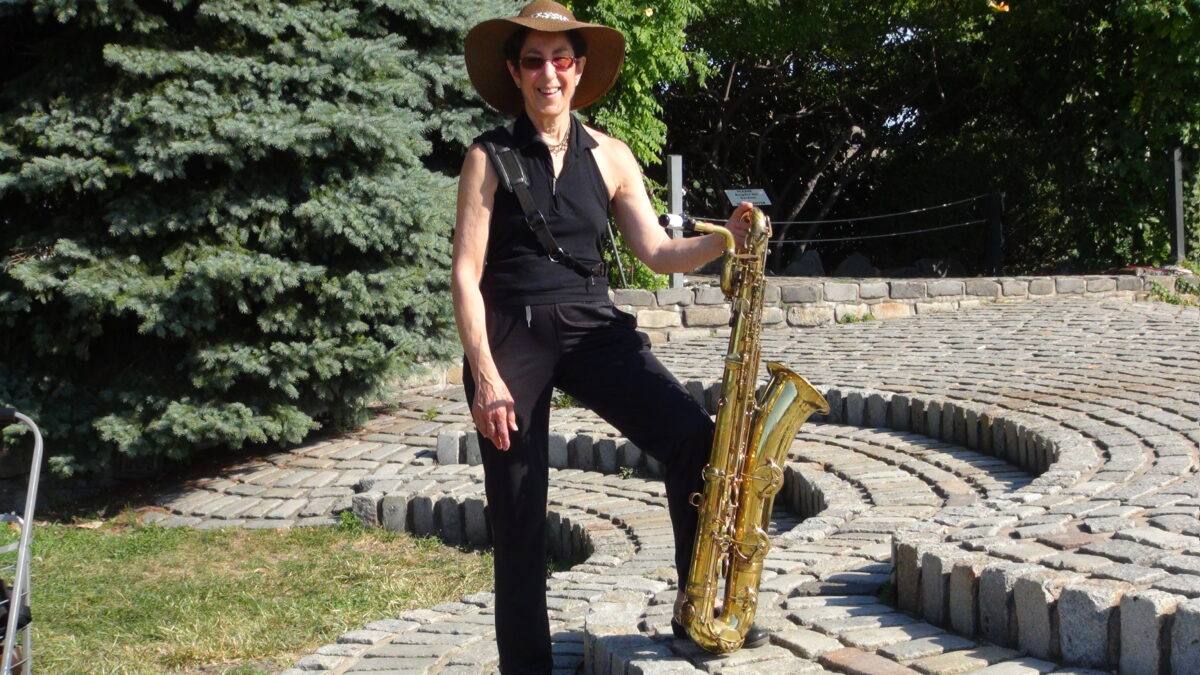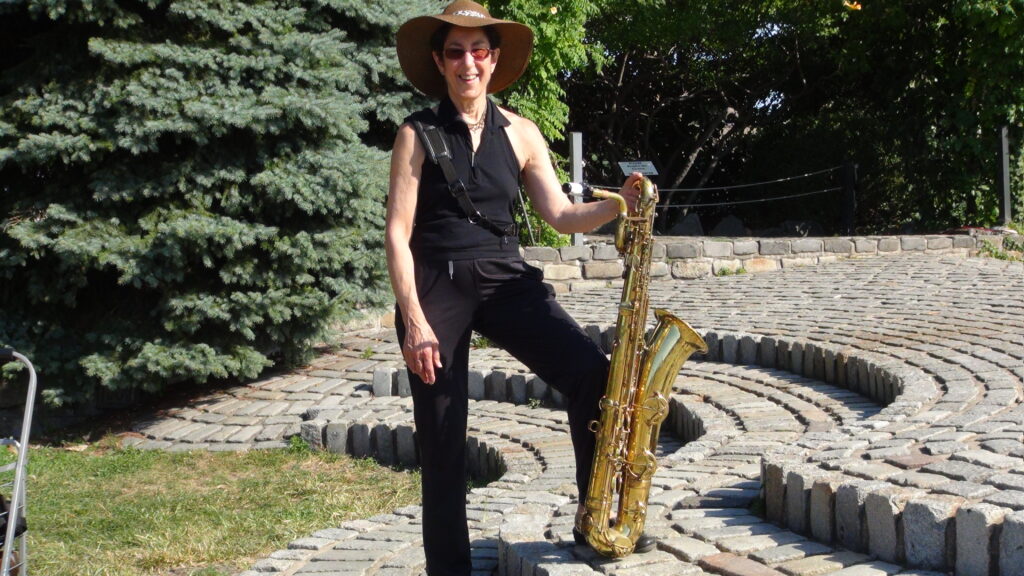John McDonagh’s Irish New York
40-year cabbie driver shares his stories
By Matthew Fischetti
John McDonagh doesn’t care about St. Patrick’s Day.
“I’m sort of Irish every day and every week,” the 68-year-old Middle Village resident said in a recent phone interview. The first generation resident, whose family is from Donegal and County Tyrone, has steeped himself in Irish history, culture and news with his weekly radio show Radio Free Eireann on WBAI.
“So I don’t need to wear green hats or green shamrocks to say – kiss me, I’m Irish,” McDonagh said. “I sort of go way beyond that.”
The WBAI show originally started as a way for Sinn Fein and the Irish Republicans to have an outlet, where they could express their point-of-view unlike how they were limited in Ireland.These days, since the country has seen peace, McDonagh has moved into more cultural coverage, where the Irish writer and former political candidate Malachy McCourt is the second mic.
He still doesn’t even really like to attend the parades. Back in 1981, he and other political activists were kicked out of the 5th Ave Parade for expressing support of the 1981 hunger strike led by Bobby Sands, which was 17 days in at the time.
“The irony of it all is now the parade carries a banner with Bobby Sands his picture on it! So they didn’t allow it when he was on hunger strike, but now that he’s dead they support him,” McDonagh said. “He needed support when he was alive, not when he died.”
For most of his life, McDonagh has been a taxi driver.
“The normal career move for the son of Irish immigrants is you graduate high school, do your time in the service. And then you take the test for the Sanitation Department, Fire Department or the NYPD. But when I got out, they were laying off cops and firemen,” McDonagh explained, having left the service at the end of 1975.
“So I went and got my hack license thinking I don’t really drive for a little while,” he said. “And then 40 years later, here I am.”
In those 40 years, McDonagh has seen a lot.
Back in his heyday, when a customer said they wanted to go to the Lower East Side, “he wasn’t going to an art gallery like it would be today, he was going into a shooting gallery.”
Customers would often ask to go to a run down building, which McDonagh compared to the post-bombed building of Dresden, where a few things could happen.
The customer would either come out of the building with guns and dope in his hand, making the taxi driver a wheelman; or the passenger would come out beaten by a drug dealer and get his doorman to pay his fare back in the Upper East Side.
McDonagh did say that with the first option, “at least guys who rob drug dealers tend to tip better.”
His cabbie driving also led to political activism in the early 2000s. When the Republican Convention was hosted in New York City during 2004, McDonagh helped found the group Cabbies Against Bush, which offered free rides for delegates to the Kennedy or Newark airport (not including tip and toll), if they had one way tickets to Baghdad.
He even went on Fox News to talk about the issue, which was supposed to be a five minute hit but barely lasted over one.
“So when I got on to Neil Cavuto, he asked me about tipping and I said, if the war profits from Halliburton, and Bechtel can trickle down to the drivers, it might not be bad.”
After the interview, McDonagh said he gave his best Ed Koch impression, asking “Hey, how am I doing?” to visible anger.
He then bolted out of the studio, not wanting Fox to cancel his car back to Queens.
“No one knows why I’m running. So they’re following me: You got security interns, producers, – I had like a conga line behind me. And they were chasing me like an al-Qaeda suspect through Fox. So I didn’t know how to get out of the bloody place. I’m running up and down escalators and cubicles,” McDOnagh recalled with laughter.
He eventually made it to 6th Ave., where he hopped in the car and told the driver to go. When he got back to Queens, he told the driver that he would hope to see him again.
“I don’t think so,” he bluntly replied.
A lot has changed over the years as a cab driver, McDonagh said. Some things are obvious, like the end of checker cabs, but also the way drivers and their riders would interact has greatly diminished since the advent of apps and cashless pay systems.
It’s part of the reason why McDonagh has compiled his decades of stories into a play called Off The Meter, chronicling the crazy adventures of manning a yellow cab, which morphed from years of telling jokes and stories at local bars.
McDonagh has an upcoming performance of the play on March 25 at the Irish American Heritage Museum in Albany.
McDonagh also shared with the Queens Ledger that he is currently working with a production company in Dublin to try and produce a screenplay that is a fictionalized version of what it was like to live in the Queens and the Bronx in the early 1990s, focusing on how Italian-Americans and Irish-Americans interacted and got along.
“I’m under no illusions of anything getting produced, like you could do a play because you can rent out a theater and just do it. To get a movie done… I don’t know how it gets done. I mean, somebody has to be attached. It has to be seen by the right people,” McDonagh said.
“To me, it’s a million-to-one shot. Like the rest of my life. I’m taking it.”
Correction: A previous version of this article misidentified the parade McDonagh was kicked out of, it was the 5th Ave. Parade not the St Pat’s For All Parade. We apologize for the error





